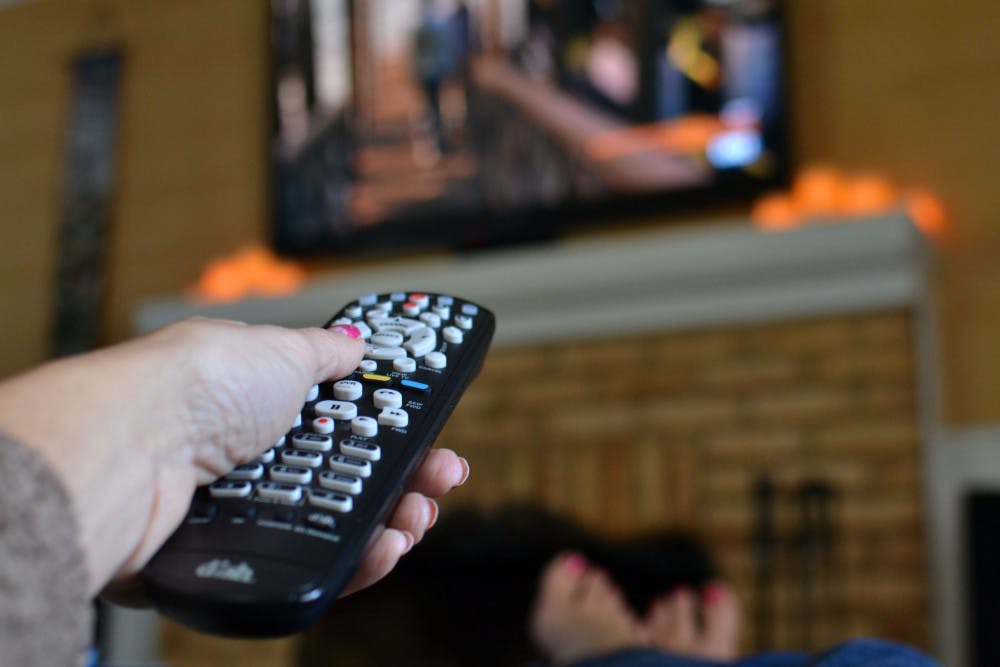By Richard Miller
Opinions Editor
Since its inception, reality television has been controversial. The genre claims to be representative of real life, but how can that be if the programs are accurately representing everyone? In the past year, more than ever, there has been a discussion of racial discrimination amongst the genre.
Reality television has a long history of not being true “reality” for everybody, and inversely being very discriminatory. The two biggest ways we have seen this done, are lack of inclusion and reinforced stereotypes.
There are countless examples of non-white people barely, if at all, being represented on this shows, and when they are either focusing on the discrimination they’re facing on the program by the other participants, or only highlighting them in ways that fit the mold they have been forced into.
One of the biggest examples comes from this past summer on the hit CBS show “Big Brother,” where the winner of the program, 24-year-old Jackson Michie, came under fire for comments he and other contestants made against African-American contestant Kemi Fakunle and Hispanic contestant Jessica Milagros.
Earlier this summer, another CBS reality show, “Survivor,” came under scrutiny after Julia Carter, a ‘castaway’ on the 38th season, penned an over 4,600-word essay about her experience on the show. In the piece, she discussed how she felt that her lack of screen-time during the season was because of her race. She wrote, “There is a significant difference between diversity and inclusion,” calling out the show for not, having a diverse cast.
This was followed by five consecutive seasons. Starting in the seventh season, the title of the champion was given to a white male who plays the guitar – a trend that “Idol” pundits call the “white guy with a guitar” or “WGWG” factor.
“American Idol,” ABC’s popular singing competition, also has years of alleged bias and discrimination in its production and voting process. The biggest discussion of discrimination came in season 3, when contestants Fantasia Barrino, Jennifer Hudson and LaToya London, who were dubbed “The Divas,” were all placed in the bottom three out of the final eight contestants, despite high praises from the judges. After Hudson was eliminated, Elton John, who was a mentor for that season, criticized the vote as “incredibly racist” in a press conference.
But it’s not just “Idol” that’s been under fire. During this current season of “Dancing with the Stars,” observant fans have noticed that the bottom two vote-getters in the first four weeks have been the African-American celebrities in this season casts.
The extremely popular “Bachelor” franchise has also faced years of criticism regarding its inclusion of ethnically diverse contestants. To date, after 24 seasons, there has never been a male lead of African-American or Asian ethnicity. The show also has the reputation for eliminating the non-white contestants on average much sooner than the white contestants.
With the many examples, it’s apparent that there is an overlapping theme here. But what does it all mean? It’s hard to really pinpoint one exact reason for the discrimination, but it is clear that it sends a much broader message
Reality TV, specifically ‘talent’ or competition shows, are certainly not award-winning documentaries. However, I think the simplistic nature of the premise can lead to a microcosm of American beliefs and ideals, whether we realize it or not.
It’s important for people to see this data, and look inside themselves and figure out whether they are contributing to the issue of inequality or helping to stop it.







